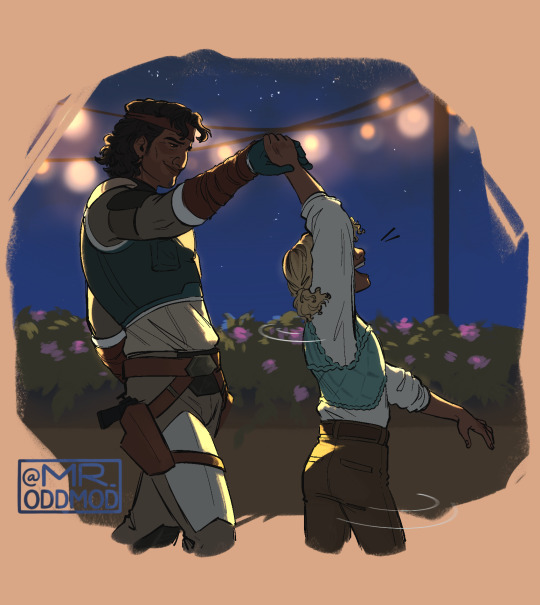Just a Gal | ✨Catholic✨| Just a place to slap down some of the stuff I draw and wish to share. Maybe some fandom stuff, maybe some of my own stuff, we never know, here in the peanut gallery. Thanks for visiting!
Don't wanna be here? Send us removal request.
Text
120 ULTIMATE LIST OF CHARACTER FLAWS. Writers save this!
1. Moral Flexibility - Adapts their ethics to fit the situation, often justifying questionable actions as necessary.
2. Cognitive Dissonance - Holds two conflicting beliefs or values and struggles to reconcile them, leading to inner turmoil.
3. Overempathy - Feels others’ emotions too intensely, leading to burnout or an inability to make objective decisions.
4. Intellectual Arrogance - Dismisses others’ ideas as inferior, believing their own intellect is superior.
5. Chronic Overthinking - Analyzes situations to the point of paralysis, unable to take decisive action.
6. Restless Wanderlust - Has a constant desire for change or travel, leading to instability in relationships or careers.
7. Savior Complex - Feels compelled to “save” others, often to the detriment of their own well-being or others’ autonomy.
8. Emotional Vampirism - Drains others emotionally, needing constant validation or attention.
9. Righteous Indignation - Becomes excessively angry over perceived injustices, often alienating others.
10. Altruistic Self-Destruction - Sacrifices themselves for others to an unhealthy degree, often leading to self-neglect.
11. Pathological Modesty - Downplays their own achievements to the point of self-sabotage or invisibility.
12. Incapable of Solitude - Feels an intense fear of being alone, leading to codependent or unhealthy relationships.
13. Over-Rationalization - Justifies every action or decision, even when it’s clearly flawed, to avoid guilt or responsibility.
14. Constant Self-Sabotage - Subconsciously undermines their own success due to deep-seated fears or insecurities.
15. Misplaced Loyalty - Stays loyal to people or causes even when it’s harmful or undeserved.
16. Ethical Rigidity - Follows their moral code to the letter, unable to adapt to complex or gray situations.
17. Need for Obscurity - Prefers to stay unnoticed or in the background, avoiding recognition or responsibility.
18. Involuntary Aloofness - Appears distant or disinterested, often without meaning to, leading to misunderstandings.
19. Fear of Mediocrity - Terrified of being ordinary, they constantly strive for greatness, often leading to burnout.
20. Rejection Sensitivity - Overreacts to criticism or perceived slights, often withdrawing or lashing out.
21. Conflict Avoidance - Avoids confrontation at all costs, leading to unresolved issues and resentment.
22. Over-idealization of Others - Puts people on pedestals, only to be deeply disappointed when they don’t meet expectations.
23. Chronically Unfulfilled - No matter what they achieve, they always feel something is missing, leading to constant searching.
24. Compulsive Truth-Telling - Feels compelled to speak the truth, even when it would be kinder or wiser to remain silent.
25. Overactive Imagination - Sees threats or possibilities where there are none, leading to anxiety or missed opportunities.
26. Faux Humility - Pretends to be humble but secretly craves admiration or validation.
27. Micromanagement - Needs to control every detail, often suffocating others or hindering their own progress.
28. Anachronistic Thinking - Clings to outdated beliefs or practices, struggling to adapt to modern realities.
29. Over-Reliance on Routine - Becomes anxious or lost without their routines, struggling to adapt to change.
30. Selective Memory - Remembers events in a way that suits their narrative, often distorting the truth.
31. Paradoxical Fear of Success - Desires success but subconsciously fears the changes or responsibilities it might bring.
32. Compassion Fatigue - Once empathetic, now numbed or indifferent due to overwhelming exposure to others’ suffering.
33. Overwhelming Nostalgia - Lives in the past, unable to move forward or appreciate the present.
34. Unyielding Perfectionism - So focused on flawlessness that they struggle to complete tasks or accept anything less than perfect.
35. Epistemic Arrogance - Believes they know everything worth knowing, dismissing the possibility of learning from others.
36. Excessive Hedonism - Pursues pleasure to the point of neglecting responsibilities or moral considerations.
37. Over-Cautiousness - So afraid of making mistakes that they rarely take action, leading to missed opportunities.
38. Idealistic Naivety - Believes the world should operate according to their ideals, often clashing with reality.
39. Ambition without Direction - Desires greatness but has no clear path or plan, leading to frustration and failure.
40. Emotional Transference - Projects unresolved emotions onto others, often misinterpreting their intentions or actions.
41. Overdependence on Routine - Becomes anxious or lost without their routines, struggling to adapt to change.
42. Misplaced Guilt - Feels responsible for things outside of their control, leading to unnecessary self-blame.
43. Fear of Being Ordinary - Constantly strives to stand out, often at the expense of authenticity or well-being.
44. Chronic Indecisiveness - Struggles to make even simple decisions, constantly second-guessing themselves.
45. Faux Cynicism - Pretends to be jaded or cynical as a defense mechanism, while secretly caring deeply.
46. Romanticization of Suffering - Believes that suffering is noble or meaningful, often rejecting happiness or comfort.
47. Selective Compassion - Empathetic towards some but completely indifferent or cold to others, often based on biases.
48. Avoidant Optimism - Avoids negative thoughts or situations, clinging to an unrealistic positivity that ignores real problems.
49. Fear of Abandonment - Clings to relationships out of fear of being left alone, often leading to unhealthy dynamics.
50. Overidentification with Work - Sees their job as their entire identity, struggling with self-worth outside of work.
51. Excessive Altruism - Sacrifices their own needs to help others, often to their own detriment.
52. Self-Imposed Isolation - Withdraws from others out of fear of rejection or misunderstanding, leading to loneliness.
53. Over-Analysis Paralysis - Overthinks every situation to the point of being unable to make decisions or take action.
54. Eternal Romantic - Sees the world through a lens of idealized love, often leading to disillusionment or heartbreak.
55. Emotional Incontinence - Struggles to control their emotions, often overwhelming others with their intensity.
56. Fear of Aging - Obsessed with youth, they go to great lengths to deny or hide the aging process.
57. Intellectual Cowardice - Avoids challenging their own beliefs or ideas, sticking to what they know out of fear of change.
58. Emotional Hoarding - Holds onto past hurts or grudges, unable to let go and move on.
59. Unquenchable Curiosity - Always needs to knw more, often prying into others’ lives or crossing boundaries.
60. Romantic Escapism - Uses fantasy or daydreams as a way to avoid dealing with reality, leading to detachment.
61. Masochistic Tendencies - Deliberately seeks out situations that cause them pain or discomfort, believing they deserve it.
62. Incurable Wanderer - Can never settle down, always moving on to the next place or experience, leading to rootlessness.
63. Dependency on Validation - Needs constant approval or praise from others to feel good about themselves.
64. Constant Self-Reinvention - Continuously changes their identity or persona, never settling on who they truly are.
65. Moral Masochism - Finds satisfaction in self-punishment or guilt, often holding themselves to impossible standards.
66. Faux Bravado - Pretends to be fearless or confident to hide deep-seated insecurities or fears.
67. Over-romanticization of the Past - Idealizes past experiences, believing that things were better back then, leading to dissatisfaction with the present.
68. Chronic Hedging - Never fully commits to decisions or actions, always leaving themselves an escape route.
69. Fear of Stagnation - Constantly needs to be doing something or moving forward, fearing they’ll become irrelevant or bored.
70. Over-Attachment to Objects - Places excessive sentimental value on material possessions, struggling to let go.
71. Emotional Stoicism - Refuses to show or acknowledge emotions, leading to repression and eventual breakdowns.
72. Self-Flagellation - Constantly punishes themselves for perceived failures or mistakes, often disproportionate to the actual events.
73. Fear of the Unknown - Terrified of what they can’t predict or control, leading to anxiety or avoidance of new experiences.
74. Romantic Pessimism - Believes that love or relationships are doomed to fail, leading to self-sabotage or cynicism.
75. Intellectual Purism - Believes in the superiority of “pure” intellectual pursuits, often dismissing practical or emotional concerns.
76. Existential Dread - Obsesses over the meaning (or lack thereof) of life, leading to paralysis or despair.
77. Involuntary Nonconformity- Desires to fit in but can’t help standing out or going against the grain, often feeling alienated.
78. Self-Imposed Martyrdom - Puts themselves in a position of suffering or sacrifice, believing it’s their duty or fate.
79. Idealized Self-Image - Clings to an unrealistic self-concept, struggling to accept their flaws or limitations.
80. Compulsive Honesty - Feels compelled to always tell the truth, even when it’s hurtful or inappropriate.
81. Over-Reliance on Technology - Becomes helpless without modern conveniences, struggling to cope with real-world challenges.
82. Moral Exhibitionism - Shows off their ethics or principles to gain admiration or moral superiority, often insincerely.
83. Perpetual Student Syndrome - Always learning but never applying knowledge, avoiding real-world responsibilities.
84. Emotional Osmosis - Absorbs others’ emotions so deeply that they lose track of their own feelings or needs.
85. Pathological Frugality - So obsessed with saving money or resources that they miss out on life’s joys or opportunities.
86. Obsessive Self-Improvement - Never satisfied with themselves, constantly striving for unattainable perfection.
87. False Modesty - Pretends to be humble while fishing for compliments or validation.
88. Uncontrolled Impulsiveness - Acts on whims or impulses without considering the consequences, leading to chaos or regret.
89. Chronic Hedonism - Lives only for pleasure, often to the detriment of their long-term happiness or relationships.
90. Overly Abstract Thinking - So focused on big ideas or concepts that they lose touch with reality or practical concerns.
91. Romantic Idealism - Believes in a perfect love or relationship, often leading to disappointment or disillusionment.
92. Selective Altruism - Only helps others when it suits them, often ignoring those who don’t fit their criteria.
93. Pathological Shyness - So shy or introverted that they struggle to function in social situations, often missing out on opportunities.
94. Moral Superiority - Believes they are more ethical or righteous than others, often looking down on those who don’t share their views.
95. Over-identification with a Role - Sees themselves only as their job, family role, or social identity, losing sight of their true self.
96. Chronic Complaining - Constantly finds something to complain about, often bringing others down or creating a negative atmosphere.
97. Faux Stoicism - Pretends to be emotionally strong or unaffected, while secretly struggling with deep emotional turmoil.
98. Addiction to Drama - Thrives on conflict or chaos, often creating drama where there is none to feel alive or important.
99. Obsessive Collecting - Gathers possessions, knowledge, or experiences obsessively, often unable to let go or move on.
100. Inflexible Optimism - Refuses to acknowledge negative possibilities, often unprepared for setbacks or challenges.
101. Contrarianism - Always takes the opposite stance just to challenge others, often without genuine conviction.
102. Emotional Projection - Attributes their own feelings or issues onto others, often leading to misunderstandings.
103. Compulsive Heroism - Feels the need to be seen as heroic or brave, even in situations that don’t call for it.
104. Spiritual Narcissism - Uses spirituality as a way to feel superior to others or to avoid personal flaws.
105. Self-Defeating Humor - Constantly makes jokes at their own expense, using humor to deflect serious issues.
106. Identity Fluidity - Frequently changes their identity or beliefs to fit in with different groups, losing a sense of true self.
107. Overattachment to the Past - Can’t move on from past successes or failures, allowing them to define their present.
108. Pseudointellectualism - Pretends to know more than they do, using complex language or ideas to impress others.
109. Overidealization of Youth - Places youth on a pedestal, often dismissing the value of experience or aging.
110. Refusal to Accept Help - Rejects assistance from others, believing they must do everything on their own, even to their detriment.
111. Emotional Manipulation - Uses guilt, pity, or other emotions to control or influence others, often without realizing it.
112. Inconsistent Values - Holds contradictory beliefs or morals, leading to confusion or hypocrisy in their actions.
113. Obsession with Legacy - So focused on how they’ll be remembered that they neglect the present or make unwise choices.
114. Excessive Eagerness to Please - Goes out of their way to make others happy, often at the cost of their own needs or principles.
115. Emotionally Guarded - Builds walls around their feelings, making it difficult for others to get close or understand them.
116. Selective Memory - Chooses to remember events in a way that favors them, often distorting the truth.
117. Overattachment to Authority - Relies heavily on rules or leaders, struggling to make decisions independently or question authority.
118. Fear of Vulnerability - Avoids showing weakness or asking for help, leading to isolation or burnout.
119. Intellectual Detachment - Approaches everything with cold logic, often ignoring the emotional or human side of situations.
120. Obsession with Control - Needs to control every aspect of their life and others’, often leading to stress or strained relationships.
BONUS🔥
CREATE YOUR CHARACTERS WITH DEPTH TODAY! Don't settle for shallow, forgettable characters—elevate your writing with the ultimate character worksheet.
This template isn't just about characters; it’s your all-in-one tool for worldbuilding, writer planning from idea generation to publishing, roadmaps, synced databases, and series planning. It’s the ultimate character and worldbuilding bible you’ve been waiting for.
Available now! But hurry—use code "F4NTASY" to get an incredible 75% off! This offer won’t last long, so grab yours now before it’s too late!
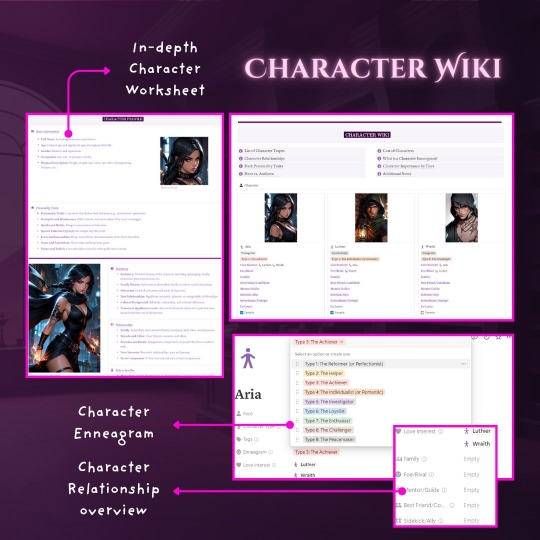
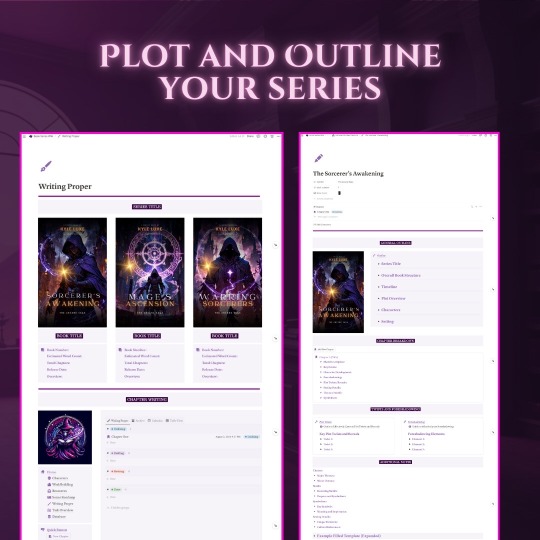

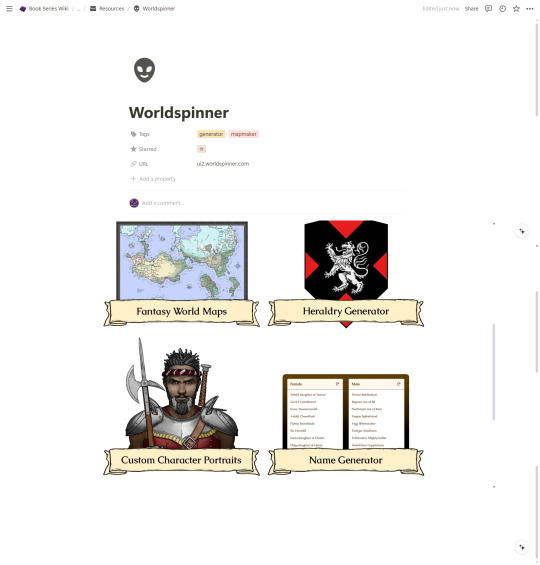
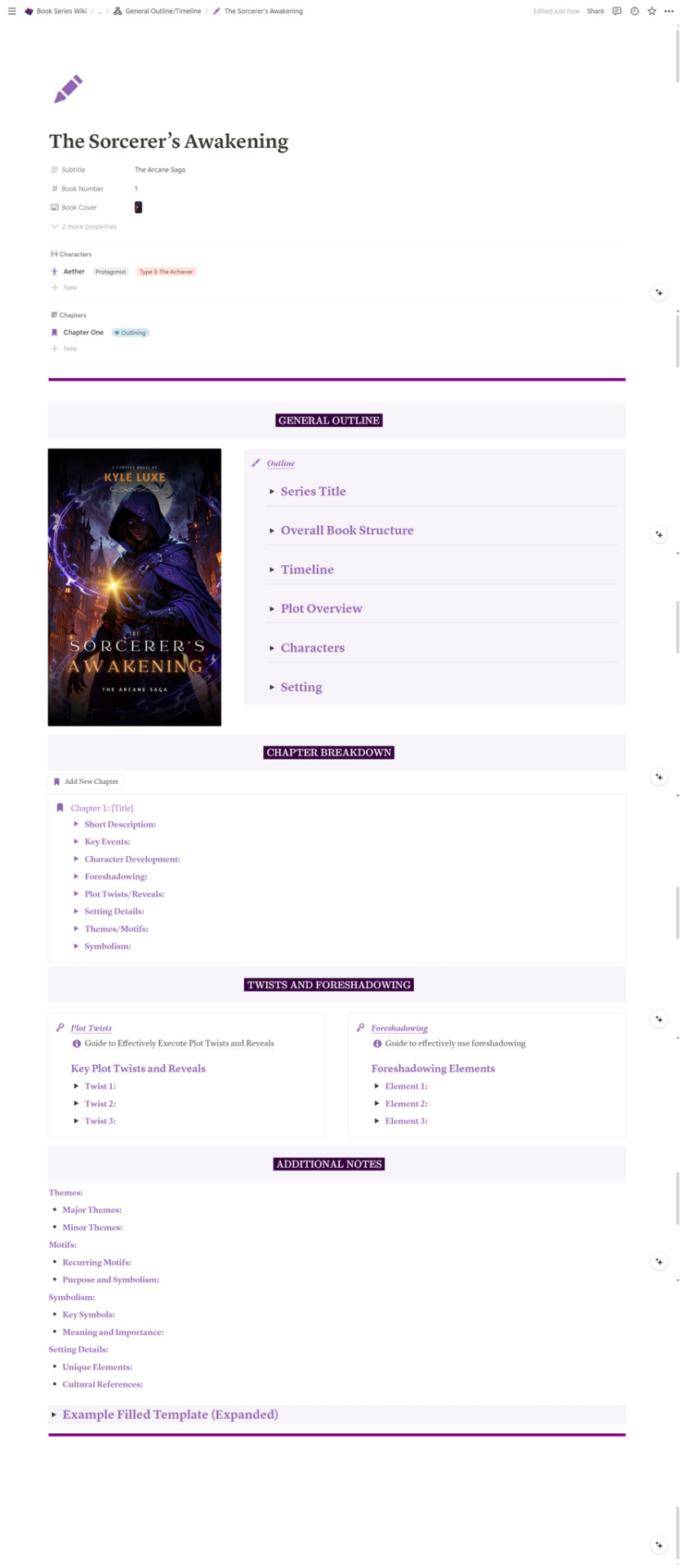

8K notes
·
View notes
Text
Am I a devout Roman Catholic? Yes. Am I good at it? Definitely not.
534 notes
·
View notes
Text


.
.
.
.
.

Ponyboy could never stay mad at Two-Bit.
#the outsiders#ponyboy curtis#two bit mathews#love how the outsiders is making a comeback#i arted this#ive been drawing these dudes for about three years now#ive just never really shared it#goes against all my comfy lurking tendencies
360 notes
·
View notes
Text

Saint Anthony of Padua
Doctor of the Church 1195-1231 Feast Day: June 13
St. Anthony is typically depicted with a book and the Infant Child Jesus, to whom He miraculously appeared, and is commonly referred to today as the "finder of lost articles." Upon exhumation, some 336 years after his death, his body was found to be corrupted, yet his tongue was totally incorrupt, so perfect were the teachings that had been formed upon it.
Prints, plaques & holy cards available for purchase here: (website)
108 notes
·
View notes
Text
Worldbuilding: Questions to Consider
Government & authority:
Types of government: What type of government exists (monarchy, democracy, theocracy, etc.)? Is it centralised or decentralised?
Leadership: Who holds power and how is it acquired (inheritance, election, divine right, conquest)?
Law enforcement: Who enforces the laws (military, police, magical entities)?
Legal system: How are laws made, interpreted, and enforced? Are there courts, judges, or councils?
Laws:
Criminal laws: What constitutes a crime? What are the punishments?
Civil laws: How are disputes between individuals resolved?
Cultural norms: How do customs and traditions influence the laws?
Magic/supernatural: Are there laws governing the use of magic or interaction with supernatural beings?
Social structure:
Class/status: How is society divided (nobility, commoners, slaves)? Are there caste systems or social mobility?
Rights & freedoms: What rights do individuals have (speech, religion, property)?
Discrimination: Are there laws that protect or discriminate against certain groups (race, gender, species, culture)?
Economy & trade:
Currency: What is used as currency? Is it standardised?
Trade laws: Are there regulations on trade, tariffs, or embargoes?
Property laws: How is ownership determined and transferred? Are there inheritance laws?
Religion/belief systems:
Religious authority: What role does religion play in governance? Are religious leaders also political leaders?
Freedom of religion: Are citizens free to practice different religions? If not, which are taboo?
Holy laws: Are there laws based on religious texts or teachings?
Military & defense:
Standing army: Is there a professional military or a militia? Who serves, and how are they recruited?
War & peace: What are the laws regarding war, peace treaties, and diplomacy?
Weapons: Are there restrictions or laws regarding weapons for civilians? What is used as a weapon? Who has access to them?
Technology & magic:
Technological advancements: How advanced is the technology (medieval, steampunk, futuristic, etc.)?
Magical laws: Are there regulations on the use of magic, magical creatures, or artifacts?
Innovation & research: How are inventors and researchers treated? Are there laws protecting intellectual property?
Environmental/resource management:
Natural resources: How are resources like water, minerals, and forests managed and protected, if at all?
Environmental laws: Are there protections for the environment? How are they enforced? Are there consequences for violations?
Cultural & ethical considerations:
Cultural diversity: How does the law accommodate or suppress cultural diversity?
Ethics: What are the ethical foundations of the laws? Are there philosophical or moral principles that underpin them?
Traditions vs. change: Does the society balance tradition with progress? How?
Happy writing ❤
Previous | Next
2K notes
·
View notes
Text

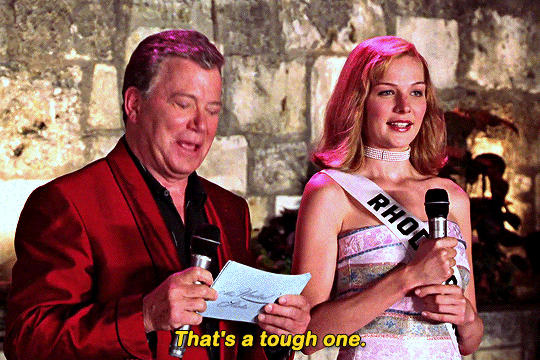
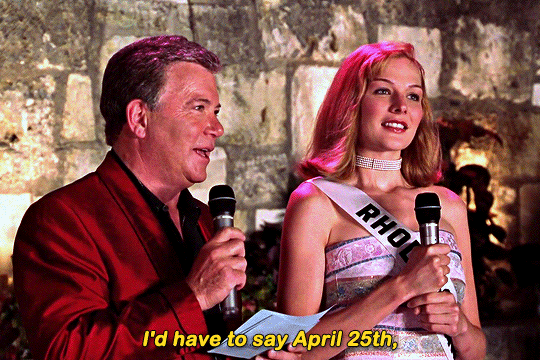

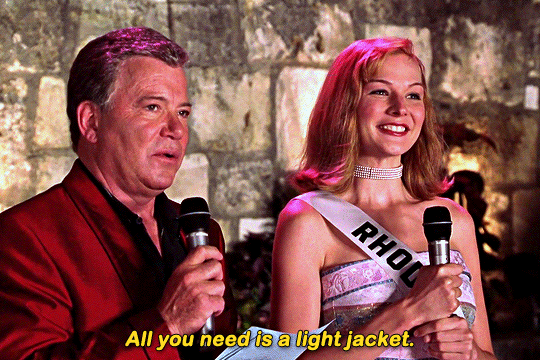
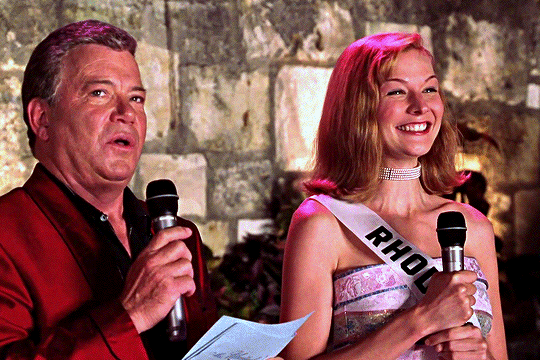

Miss Congeniality (2000) dir. Donald Petrie
11K notes
·
View notes
Text
658 notes
·
View notes
Text
Hiiiiiiiiiii remember that Big Four animatic I did a while back? Recently I've been cleaning it up but instead I put in some OCs LOL
I only have half of it finished so far though aaaaugh, I've been trying to get everything ready for Lightbox and managed to get at least this much done! So consider this "Part One".
(I have absolutely every intention of going back and putting the Big Four back in, but this is 'cause my storyboard mentor said that I needed these boards in my portfolio and there was no way in hell I'm putting Big Four fandom stuff in there LMAO! )
In case I forgot to link it last time, the song I used is Insomnia by 2WEI!
416 notes
·
View notes
Photo
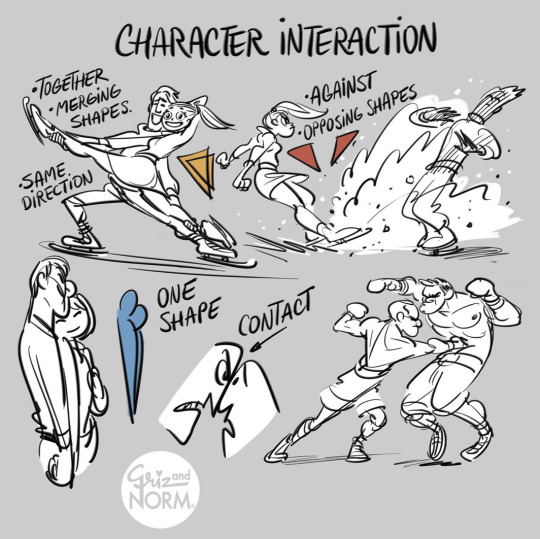
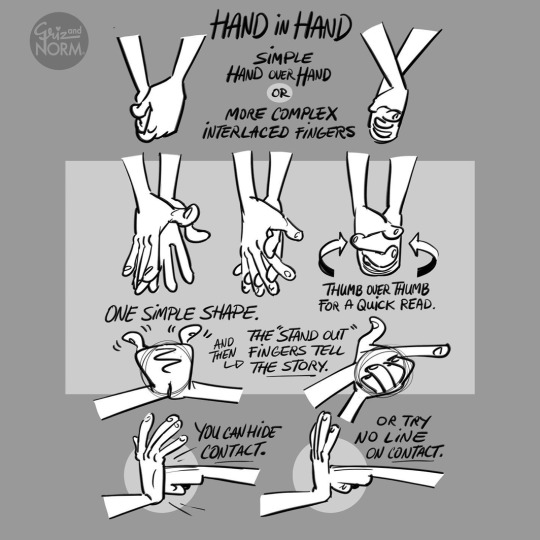
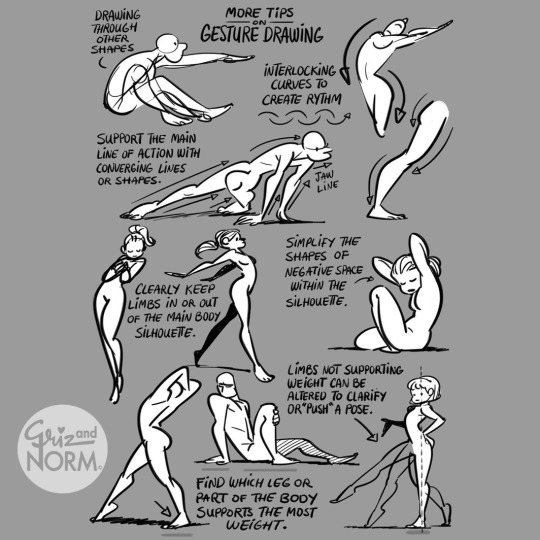
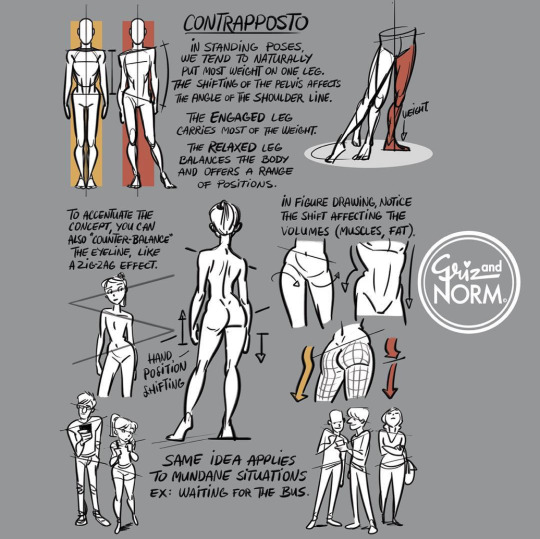
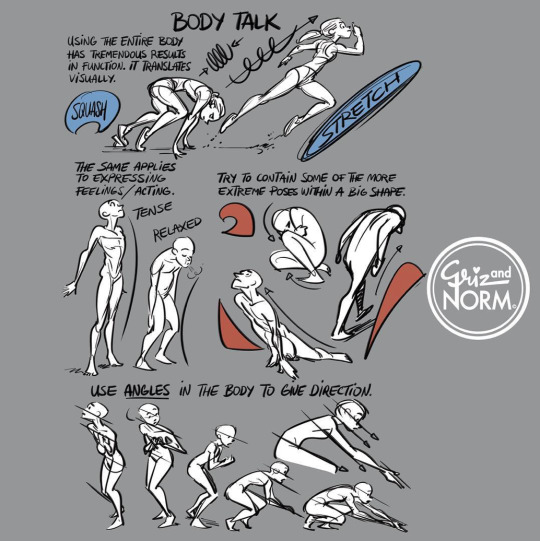
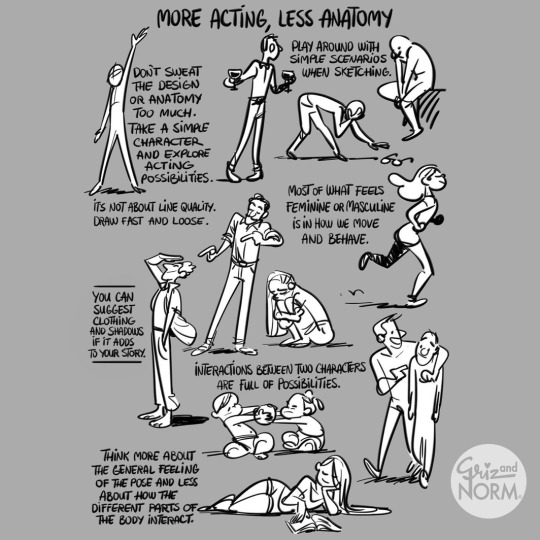
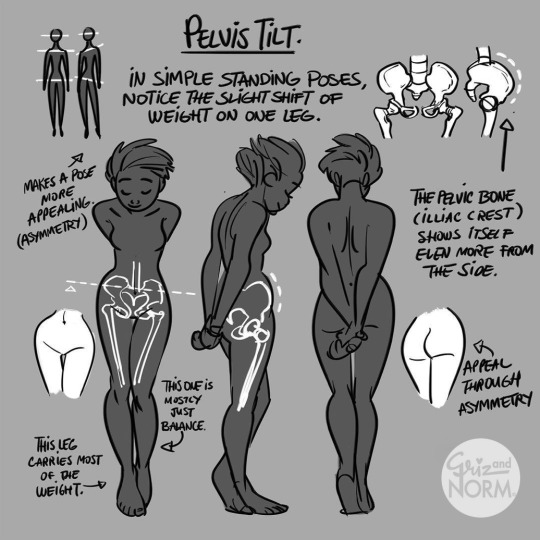
More art tutorials by Disney artists Griz and Norm Lemay
48K notes
·
View notes
Text
Deep Water Prompt #3240
Though I hail from a long line of witches, I have only enough magic to make my gun into a sort of familiar. It remembers faces, and recognizes danger before I do.
116 notes
·
View notes
Text

Text: The third member of our team freezes to death outside our arctic base. And then he comes back, lifeless, thoughtless, his brain ice, but craving warm blood to replace his own.
193 notes
·
View notes
Text
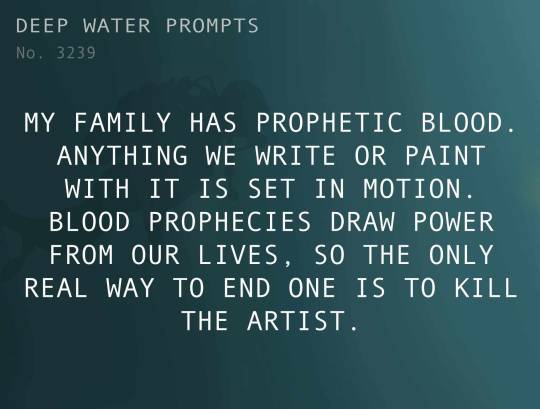
Text: My family has prophetic blood. Anything we write or paint with it is set in motion. Blood prophecies draw power from our lives, so the only real way to end one is to kill the artist.
271 notes
·
View notes
Text
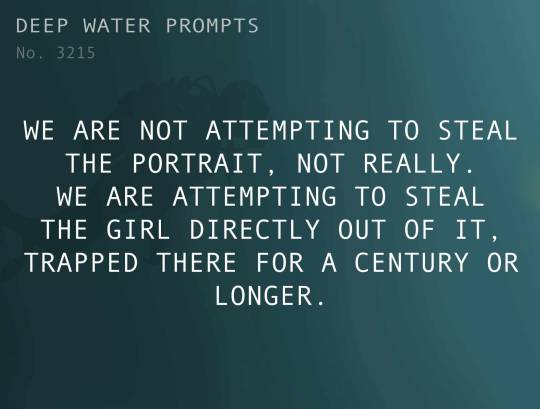
Text: We are not attempting to steal the portrait, not really. We are attempting to steal the girl directly out of it, trapped there for a century or longer.
471 notes
·
View notes


